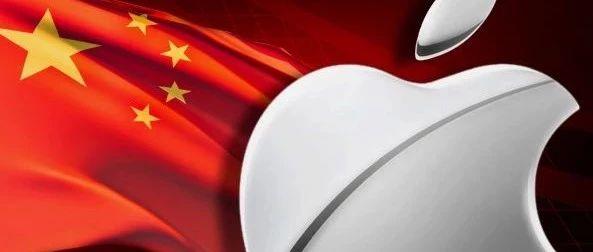A Chinese court ordered a ban in the country on iPhone sales in a patent dispute between US chip maker Qualcomm and Apple, according to a Qualcomm statement on Monday.
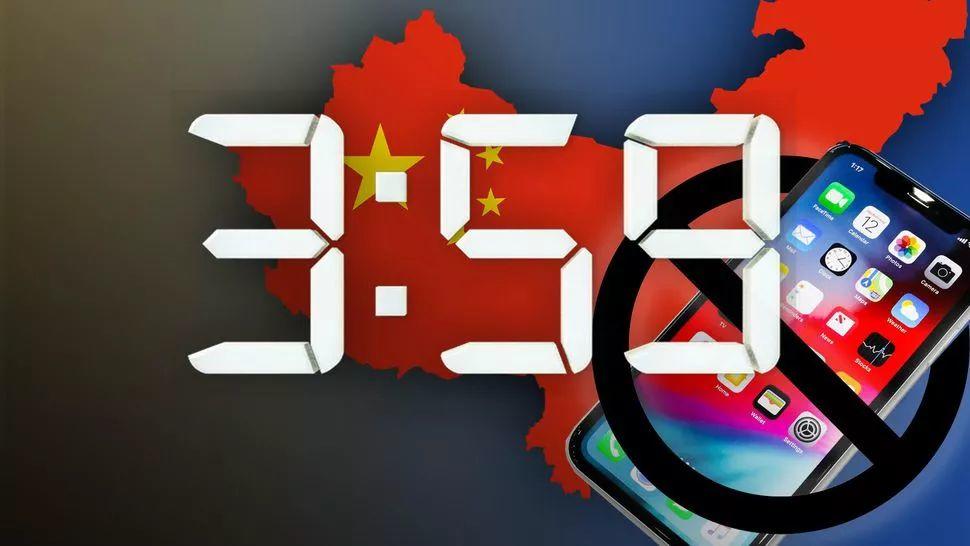
© Image | GOOGLE
These iPhone models are ordered
to stop selling immediately
The statement said Fuzhou Intermediate People’s Court had granted Qualcomm’s request for two preliminary injunctions against four subsidiaries of Apple, ordering them to immediately to stop selling the…
-
iPhone 6S,
-
iPhone 6S Plus,
-
iPhone 7,
-
iPhone 7 Plus,
-
iPhone 8,
-
iPhone 8 Plus,
-
iPhone X.
The move marked the latest in a long-running dispute over patents and royalties between the two California tech giants playing out in courts and administrative bodies worldwide.
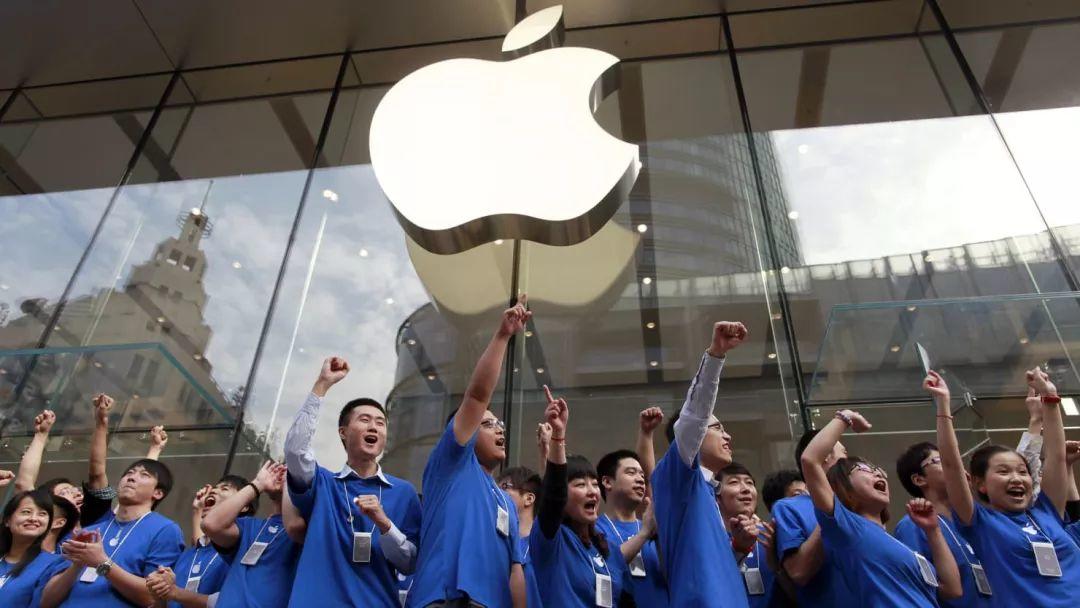
© Image | GOOGLE
Statement from Qualcomm
“Apple continues to benefit from our intellectual property while refusing to compensate us. These court orders are further confirmation of the strength of Qualcomm’s vast patent portfolio,” said Don Rosenberg, Qualcomm executive vice-president and general counsel in Monday’s statement.
The China case is based on patents which enable consumers to adjust and reformat the size and appearance of photographs and manage applications using a touch screen, Qualcomm said.
All iPhone models remain
available for Chinese users
An Apple statement called Qualcomm’s effort a “desperate move by a company whose illegal practices are under investigation by regulators around the world”.
Apple said Qualcomm “is asserting three patents they had never raised before, including one which has already been invalidated”.
Apple insisted “all iPhone models remain available for our customers in China”, adding “we will pursue all our legal options through the courts”.
On the morning of December 11, we ordered to purchase a series of iPhones affected by the temporary sales ban on the Apple China official website but the system showed normal transactions.
JD.com 


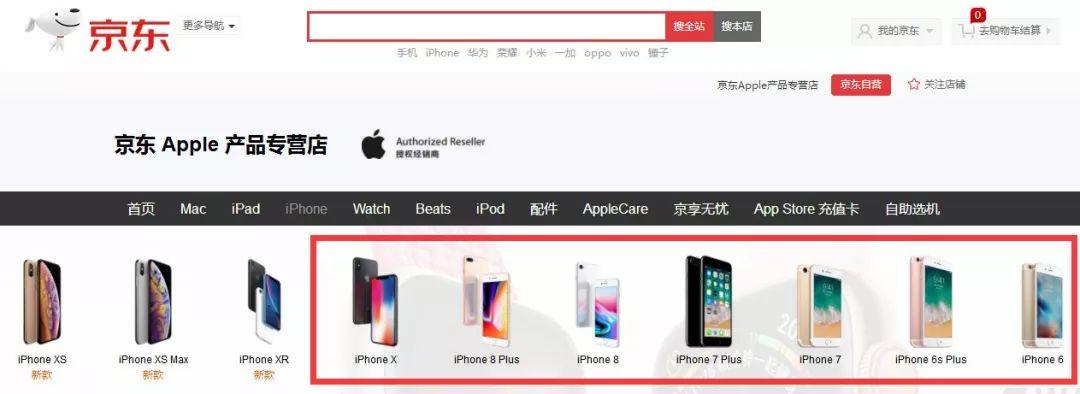
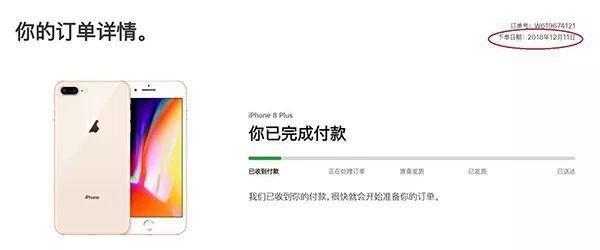
T-MALL



In addition, as of 1 am on the 11th, we found that JD.com and Tmall still sell the above products. This means that Qualcomm’s application for a temporary ban on the iPhone series in the Chinese court on the evening of December 10th has not yet begun to affect iPhone sales.
China has been an important market for Apple in recent years since China Mobile agreed to begin distributing the smartphones, and the company has opened a number of Apple shops in the country.
Apple’s most recent quarterly report showed it brought in some US$11 billion – around 18 per cent of its total revenues – from China.
Apple chief executive Tim Cook has made regular visits to China, and touted the company’s inroads in the local market as well as its manufacturing there.
A long-running dispute
over patents and royalties
Qualcomm, the leading supplier of chips for mobile devices, has been in a prolonged legal battle with Apple in recent years.
Apple claimed that Qualcomm is abusing its market power over certain mobile chipsets to demand unfair royalties, joining a string of antitrust actions against the chip maker.
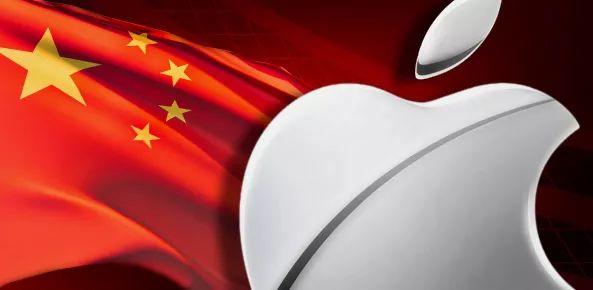
© Image | GOOGLE
Qualcomm has countersued Apple and earlier this year escalated its legal fight, claiming the iPhone maker stole trade secrets and shared them with mobile chip rival Intel.
According to Qualcomm’s US lawsuit, Apple’s goal was to buy mobile chips from Intel instead of depending on Qualcomm.
Qualcomm is facing antitrust probes in South Korea, the European Union and the United States over its dominant position.
Apple is likely to ask a federal court in California to prevent Qualcomm from enforcing the ban until the overall royalty dispute is resolved. That is what Samsung Electronics Co. successfully did when Huawei won an order blocking Samsung from making or selling smartphones in China.
The US judge in that case said an order in China would “render meaningless” the contract dispute he is considering.

